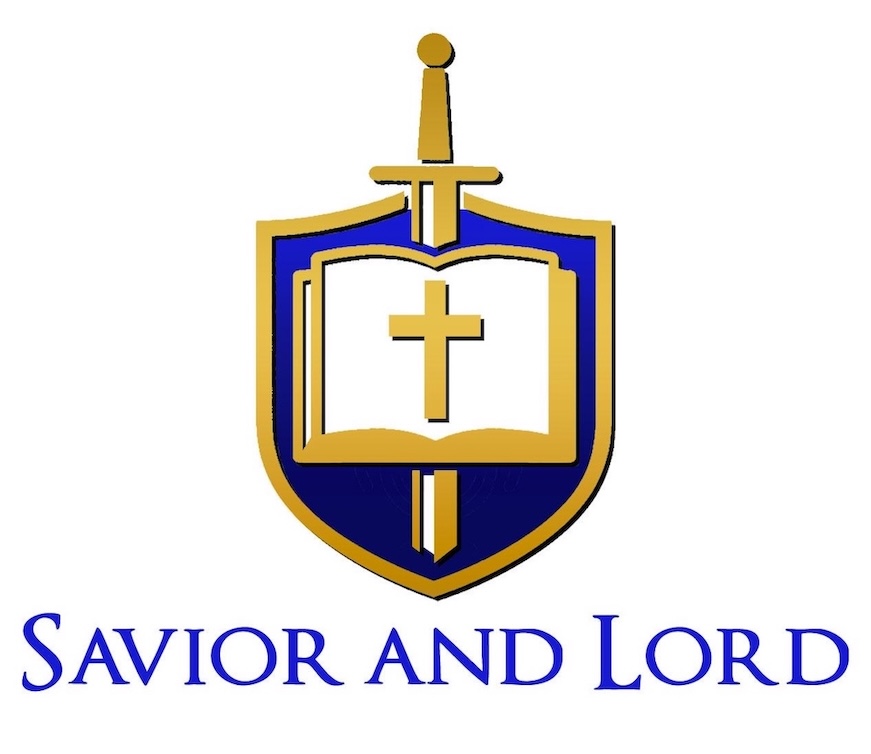What are communities? How are they beneficial for believers?
Communities represent a group of people that have shared locations or common goals. All of us are hard-wired to foster these connections. God created us with an innate desire for social interaction (Genesis 2:18). The truth is no one is an island. Sooner or later, we all need to lean on our tribe. Investing in those people is essential for improving the community and ourselves. How can we otherwise receive and share God’s love (John 13:34-35)?
Finding the proper balance of sowing and reaping is essential (Galatians 6:7-9). If all we do is give of our time, energy, and efforts, we eventually face burnout. No one can sustain that without finding nourishment in God and His people (Matthew 4:4). If all we do is receive from others, we will not discover the joy and satisfaction of sharing our gifts, talents, and resources (Acts 20:35). Your local Church is ideal for meeting with like-minded believers and experiencing this beautiful dynamic first-hand.
In God’s eyes, you bring something significant to the table. Share it with the world!
God designed us with unique gifts and talents (1 Corinthians 12:4-11). We all bring something to the table that God wants us to use to glorify Him (1 Corinthians 10:31). When we love, serve, and edify one another, we empower each other to do God’s work more effectively (1 Thessalonians 5:11; John 13:34-35). Doing this also positions us better to help those beyond our Church.
For example, a Bible study group at Church may encourage us to reach out to a non-believer and share God’s Word (Mark 16:15). Alternatively, we may feel compelled by other believers to participate in a volunteer opportunity that feeds, clothes, and shelters, or provides supplies for the less fortunate (Matthew 25:40). Even if you were motivated to work on this task alone, it would be challenging to be as efficient or effective as a team unified to accomplish the same goal.
Our sanctification blossoms when fellowship opportunities abound!
Serving each other allows us to grow in Christ-likeness. We might acquire Biblical insight alone, but what good does it do if we don’t put it in motion? What good does it serve to capture knowledge without exercising the wisdom it should inspire? The Church opens the door for us to do so in various ways.
For instance, we might offer a loved one a listening ear and empathy for them to come to a sound conclusion (Proverbs 19:20-21). We can provide counsel that speaks to a situation they are going through (Proverbs 11:14). Your friend may be struggling with a challenge in their spiritual journey, relationship, career, or another area of life and could use your support in making a well-informed decision. Since we are outside the problem, our objective perspective often offers a worthwhile outlook. Having been on both sides of this equation, I can attest to the immense benefits of forming alliances with our Church family.
Encouraging forgiveness among church members is likewise crucial (Matthew 18:21-22). Churches must promote this value to strengthen relationships and foster community. The reality is our human nature leads even the best of us to fall short of God’s glory (Romans 3:23). No matter what congregation you visit. You will encounter imperfect people. Eventually, someone will let you down, and it is likely only a matter of time before you do the same. We can honor God by forgiving others as He forgives us (Matthew 6:14-15).
The self-awareness of knowing our flaws should provide ample motivation to forgive others. Sometimes it may be challenging and take a substantial amount of time to pardon an offense. But we should streamline this process because harboring unforgiveness, resentment, bitterness, or anger serves no one. An attitude like this hinders our progress and derails us from moving forward in peace (Romans 12:18).
In severe cases, it’s possible that forgiving someone is what God wants for you, but that doesn’t imply you should expose yourself to the same kind of hurt again. However, we should avoid cutting ties prematurely. All of us are susceptible to wronging others. One day it will be our turn to request a similar pardon for our mistakes. If God has forgiven the unforgivable in us, we need to demonstrate our love and patience in forgiving others (1 Peter 4:8, Mark 11:25).
Our success depends on mutual reliance.
Recognizing our weaknesses and exercising humility is essential to navigating life in God’s way (1 Peter 1:24-25). It is a difficult task for those who have yet to experience life’s most tremendous hardships. They might find themselves oblivious to our frailty until they must endure it first-hand. However, acknowledging that we need each other provides an antidote to our pride (James 4:6; Ecclesiastes 4:10). How else would we understand true resilience comes from God’s providence rather than human effort (Joshua 1:9)?
Understanding human fragility provides a compelling reason to comfort those undergoing extraordinary challenges. It also puts us in a position to accept prayer, help, and other support when needed. Whether God offers us support by supernatural means or through our community is His call. Either way, we should keep sight of the fact that He is sovereign, and we must submit to His will (Ephesians 1:11; Romans 12:2).
There is beauty in helping without keeping score.
We should refrain from offering our help with the expectation of anything in return. Exercising generosity for human recognition may detract from the eternal significance of what we do (Matthew 6:1-2). Avoiding expectation also absolves us from keeping tabs and developing a form of social obligation. Instead, we can offer support when it is within our power without further expectation (Luke 6:35-36). Trust God to surround you with help when you need it most (Psalm 46:1). Rest assured that God is more than capable of resolving all your problems (Psalm 50:14-15). Finally, we must be patient in our endurance (Hebrews 10:35-37).
There is no need to worry that He will not provide for your essentials when He even assures us the birds of the air get fed (Matthew 6:26-27). How much more will He help you? Remember, God created us in His image (Genesis 1:27)! Human beings are the crown jewel of His creation. So take comfort that you matter to God more than you can comprehend. Without Him, we cannot accomplish anything of eternal significance, but with Jesus Christ, we are more than conquerors ( John 15:55; Romans 8:31-37).








